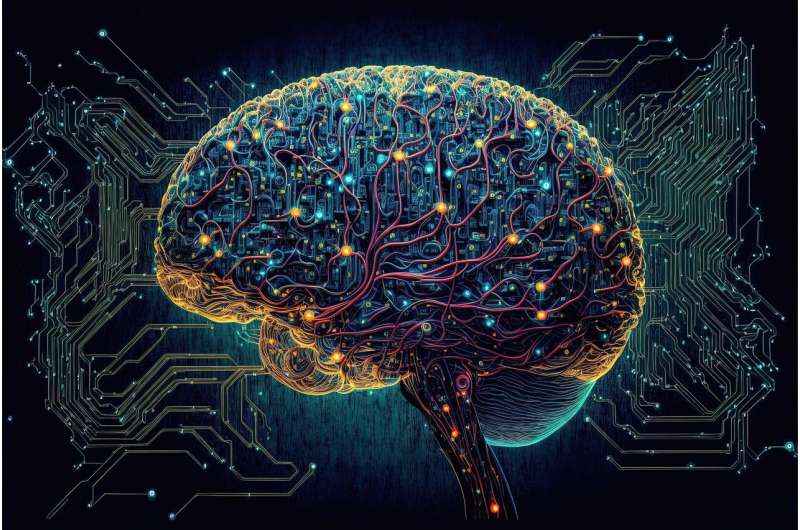Psychological Interventions Induce Brain Changes That Reduce Chronic Pain

Recent research shows that psychological treatments can induce physical changes in the brain, helping to reduce chronic pain and improve quality of life. Learn how therapies like CBT influence brain networks involved in pain processing.
Chronic pain conditions such as back pain, migraines, arthritis, lingering concussion symptoms, and post-cancer treatment complications affect approximately 20% of adults worldwide. Often, medication provides limited relief, prompting researchers and clinicians to explore alternative approaches. Recent studies reveal that psychological treatments can produce tangible physical changes in the brain, leading to pain reduction.
A comprehensive review published in The Lancet, led by Professor Lene Vase of Aarhus University, sheds light on the neurobiological underpinnings of how psychological therapies alleviate chronic pain. Traditionally, pain is managed through medications, but their efficacy can be inconsistent. Psychological treatments, notably cognitive behavioral therapy (CBT), are emerging as effective alternatives, influencing brain processes that process pain.
This study synthesizes previous research, revealing that mental interventions modify activity in key brain networks. Specifically, CBT targets automatic thought patterns and emotional responses linked to pain. When these thought patterns are adjusted, activity in the brain's default mode network—and its connections to pain and emotional regulation—shifts. Such changes correlate with decreased pain perception and improved quality of life.
Professor Vase emphasizes that these findings open new avenues for pain management. While face-to-face therapy yields significant results, the scarcity of mental health professionals necessitates alternative delivery methods. Psychologists, doctors, physiotherapists, and nurses can facilitate pain-relieving cognitive strategies, including via digital apps. Currently, over 500 apps claim to provide psychological pain relief, although scientific validation is ongoing.
Vase advocates for the use of cognitive behavioral therapy, even through digital platforms, as a promising and accessible tool for managing chronic pain. This research enhances understanding of the neurobiological effects of psychological therapies, highlighting their potential to transform pain treatment and empower individuals in managing their condition.
Source: https://medicalxpress.com/news/2025-05-psychological-treatment-linked-physical-brain.html
Stay Updated with Mia's Feed
Get the latest health & wellness insights delivered straight to your inbox.
Related Articles
New Insights into How Location and Mental Health Influence Each Other
A groundbreaking eight-year study reveals the intricate, bidirectional connection between where we live and our mental health, emphasizing the importance of supportive neighborhoods for well-being.
Community-Led Strategies to Reduce Youth Suicide Risk
Community-led initiatives focusing on wellness, relationships, and local collaboration show promise in reducing youth suicide rates, especially in remote and underserved regions. This approach emphasizes empowerment, connectedness, and prevention before crises occur.



